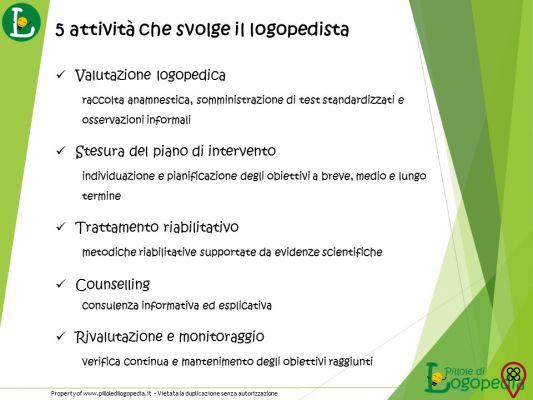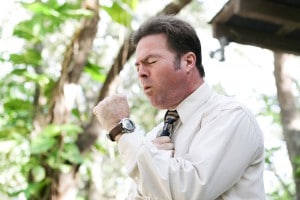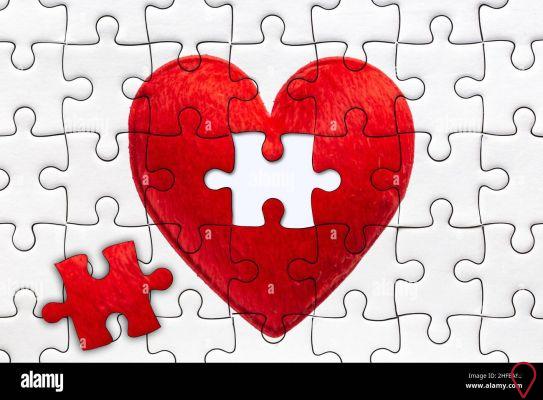Infarction can be fatal, that is, lead to the death of the patient. Therefore, when witnessing the symptoms of a heart attack, the ideal is to go to the doctor to see what can be done. Most people who have had their myocardium damaged can live well for many years, just perform the correct procedures.
What are the symptoms of a heart attack?
Because of the obstruction of one or more arteries that are responsible for carrying oxygen to the heart, a heart attack can occur. This obstruction happens because of a blood clot that forms in a fatty plaque located on the inner wall of the artery.
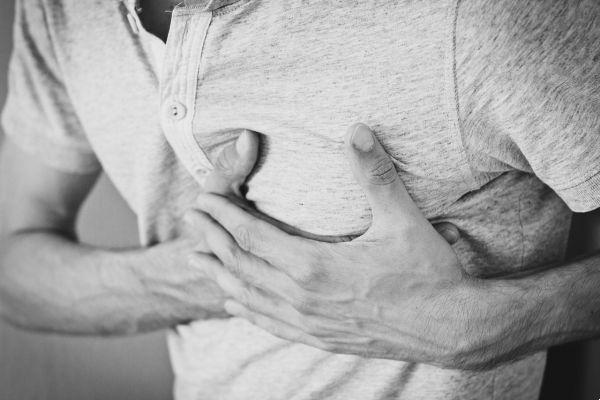
Heart attack symptoms can start long before the heart attack happens. With the growth of this fat known as atheroma, the space for blood flow becomes smaller. In this way, severe pain in the chest can be an indication that something is not right.
The symptoms of a heart attack can be different in each gender, male and female. In addition, young people may also have different symptoms. Here is a list of common heart attack symptoms for all genders:
- Tightness in the chest, causing pain in the left region of the body, such as arms, jaw, back and neck;
- Vomiting;
- Nausea;
- Fainting;
- Cold sweats;
- Pallor;
- Dry cough;
- Insomnia.
female heart attack symptoms

Unlike male heart attack symptoms, women may experience a few different symptoms. Among them are irregular heartbeats, greater discomfort in the chest region, unusual heaviness in the left arm and great discomfort.
The female audience is less likely to suffer a heart attack, however, after the onset of menopause, this risk may become greater. With the decrease in estrogen levels, which is the hormone that has a relationship with the heart, the chances increase.
What's more, excessive use of cigarettes can further increase the risks. Contraceptives and a sedentary lifestyle can also trigger a future heart attack.
male heart attack symptoms
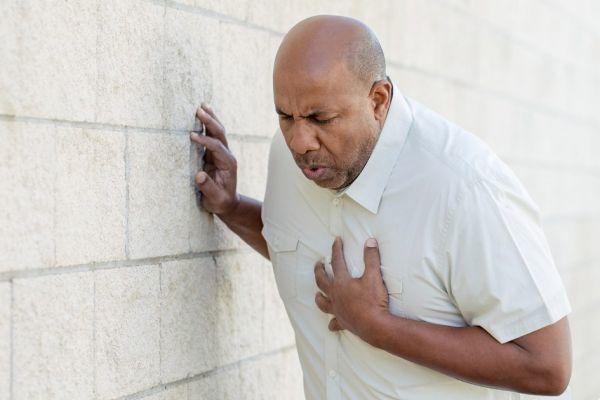
As far as symptoms in men go, the pain they feel in their chest is difficult to pin down, including where it comes from. This pain arrives and brings with it perspiration, even if the person does not feel a rise in temperature. Places like stomach, arms and jaw remain sore. It is also very common for fainting and feelings of dizziness to occur.
Heart attack symptoms in young people

Among young people it can also happen, even if the cases are much rarer. Symptoms among this audience are very similar to the most common symptoms, as well as in men.
You might also like:
- Symptoms of Depression: Don't Ignore the Signs!
- Google's new AI algorithm predicts heart disease by looking into your eyes
- Food tips that help fight cardiovascular disease
However, a great indication that something is going wrong is when there is tingling in the left arm, nausea, dizziness and pallor. Young people have a greater chance of having a fulminant heart attack, that is, one in which there is no chance of rushing to the hospital.
Be aware of the risks
It is quite common for men to have a heart attack after age 45 and for women after age 50. This happens because of possible obesity, high cholesterol, diabetes and high blood pressure.
If you are experiencing any of these symptoms, therefore, go to the doctor and have a routine checkup. Remember that no matter what your situation, chances are you can get it treated if something is discovered before the event.



